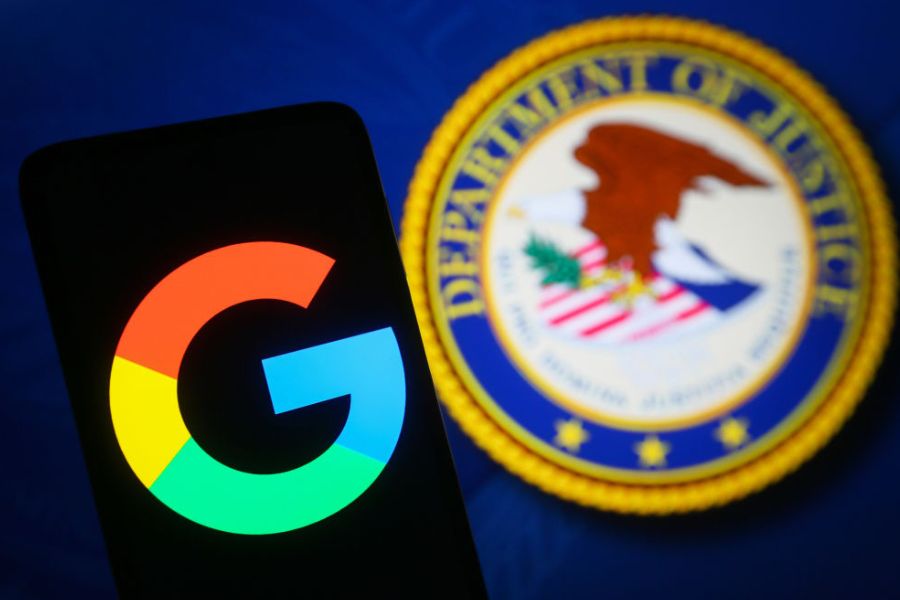This week, the Google-DOJ trial became the most topical issue in the adtech industry, serving as a powerful eye-opener for brands and marketers. After years of what some may argue is Google’s unchecked dominance, the revelations from this trial have opened the Pandora’s box on just how deeply entrenched and far-reaching the company’s control over the ad market may be.
The testimonies so far have revealed how Google’s business practices allegedly systematically undermine competition, stifle innovation, and distort the market to prioritise its own interests over those of publishers, advertisers, and consumers alike. For anyone involved in advertising, these developments are a long-overdue wake-up call.
As Stephanie Layser, an ex-News Corp executive, testified, Google’s DoubleClick for Publishers (DFP) is not a superior product; it’s a ’20 to 30-year-old’ piece of tech that publishers are forced to use due to Google’s stranglehold on ad demand. This dominance is not just about market share; it locks publishers into Google’s ecosystem, making it nearly impossible to innovate or switch without severe financial consequences. For brands, this creates a closed-loop environment where transparency is severely compromised.
Jay Friedman from Goodway Group highlighted the inherent conflicts of interest in Google’s model. As both a buyer and seller in the ad market, Google can ‘game the system’ through practices like variable pricing and opaque auction dynamics, offering a clear example of self-preferencing. This drives up costs for brands while limiting their ability to accurately measure campaign effectiveness. Brands are essentially then competing on a field where Google is both the referee and a player.
Eisar Lipkovitz, a former VP of engineering at Google, provided an insider’s perspective, describing how decisions within Google were less about innovation and more about maintaining dominance. His testimony revealed how Google exploited its ‘last look’ advantage to manipulate auctions in favour of its Ad Exchange platform. This has profound implications for media buyers who depend on fair auctions to maximise campaign ROI.
The broader picture painted by these testimonies is clear: Google’s business practices may not just be anti-competitive; they are also likely stifling innovation. By undermining efforts like header bidding, which sought to introduce greater transparency and real-time competition, Google has effectively neutralised any mechanism that could challenge its stronghold. Without this competitive tension, the ad ecosystem suffers from inflated costs and diminished effectiveness.
Equally concerning is the issue of data transparency. Marketers rely on detailed insights to optimise campaigns, but as the trial has revealed, Google has historically limited access to crucial data like log-level reporting. Publishers, in turn, may lose out on the ability to refine their ad strategies, and brands are left navigating a system that prioritises Google’s interests, not theirs.
Looking ahead
This trial could signal a crucial turning point for the adtech industry. Brands now face the reality that the platforms they depend on are not skewed in their favour—nor in favour of their consumers. The current landscape, shaped by Google's far-reaching control, may not always work in the best interest of advertisers, and unless changes are made—whether through more diversified ad spend, regulatory action, or a push for greater transparency—brands will continue to find themselves at a disadvantage.
The outcome of this trial will be pivotal. Should regulatory bodies act to address these concerns, the industry could become more competitive and transparent, creating new opportunities as well as challenges. As the case unfolds, brands need to watch closely—because what’s at stake here isn’t just Google’s future, but the future of how the entire adtech ecosystem functions. The trial underscores a vital lesson: leaving a gatekeeper unchecked has far-reaching consequences, and it’s time to start considering alternatives.











